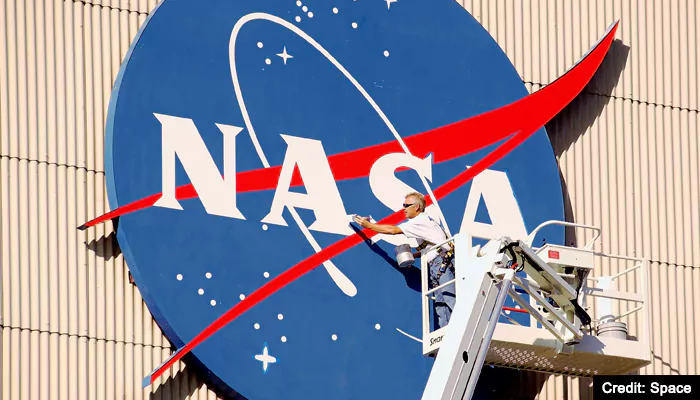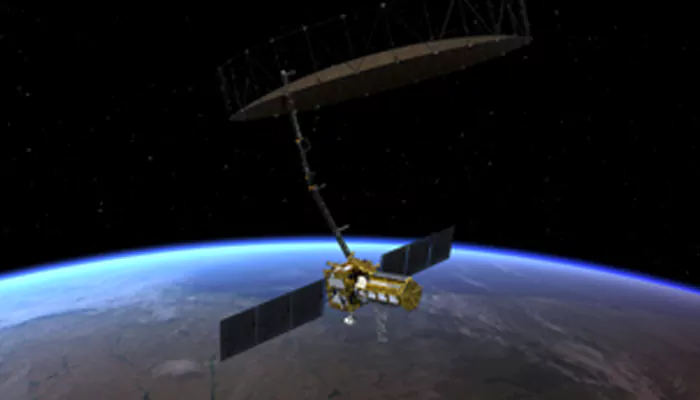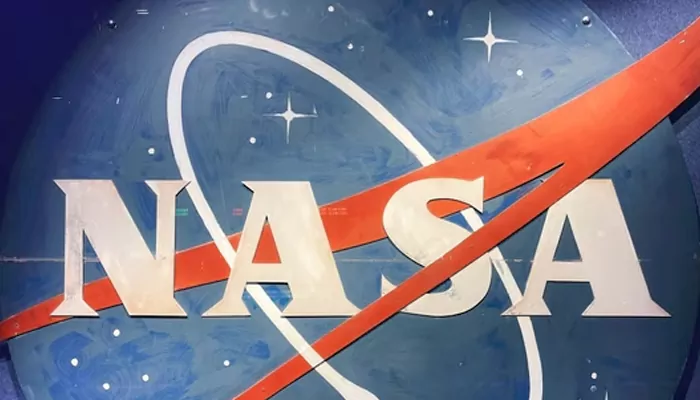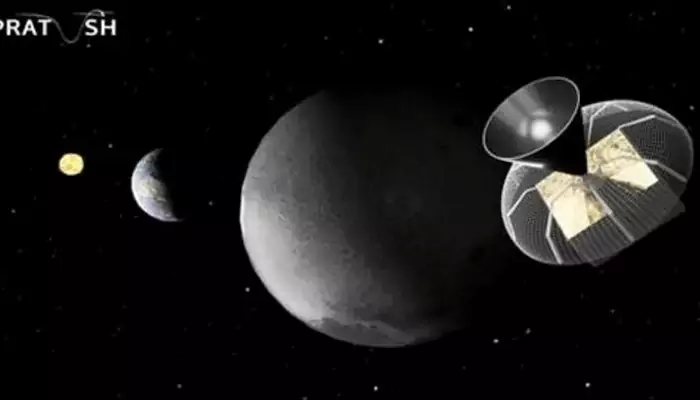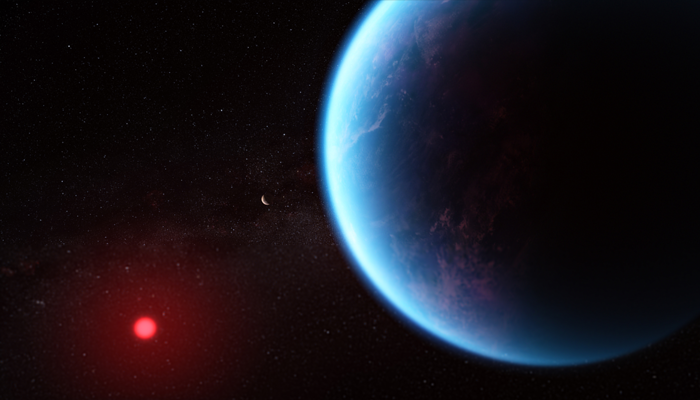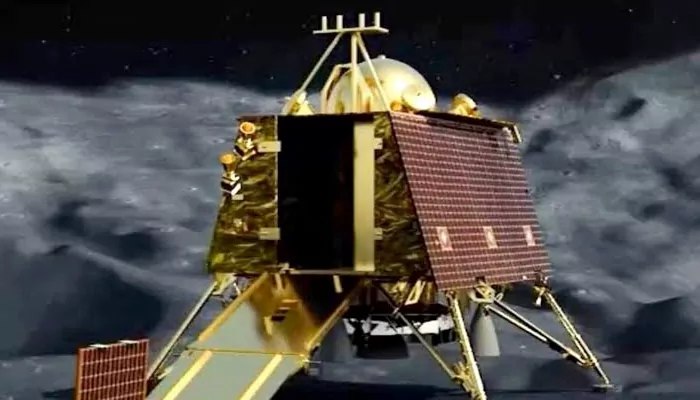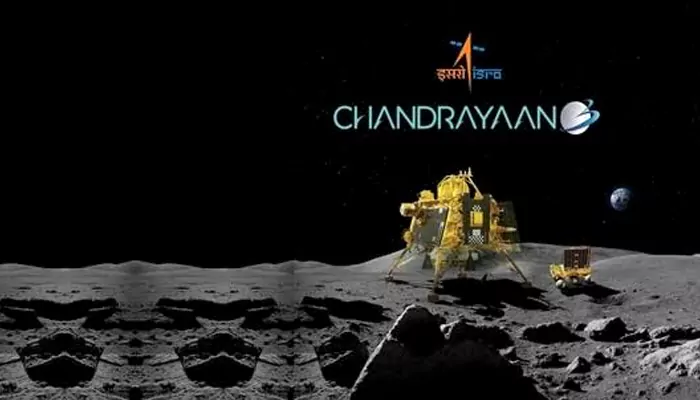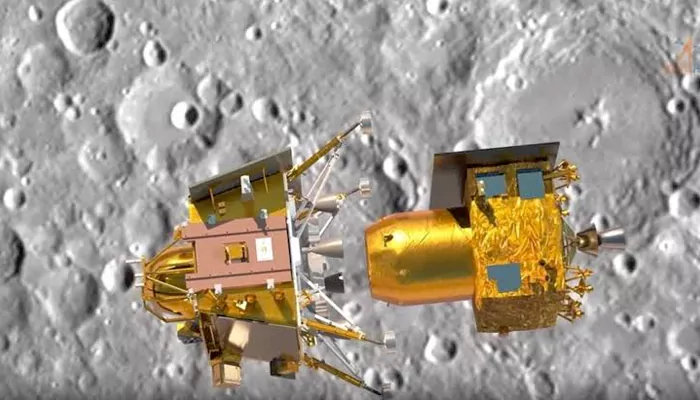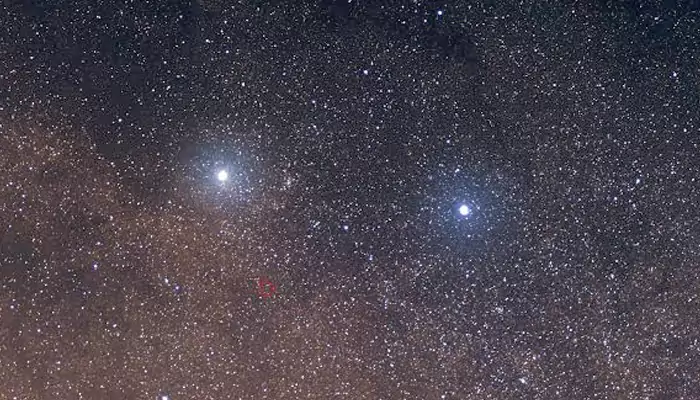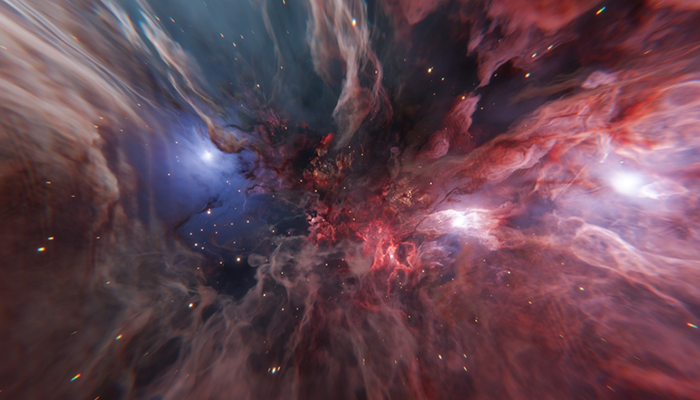
Here are today’s most important updates from the realm of Science and Space.
Move Over Sleighs: Santa Upgrades to a NASA Fighter Jet
In a playful nod to the holiday season, NASA highlighted the use of its Northrop T-38 Talon jets, which are typically employed for astronaut training and chase missions, to deliver Santa’s message. The T-38 is renowned for its sleek design and impressive performance capabilities, making it a fitting choice for such a whimsical announcement. The tradition of astronauts flying in T-38s dates back to the Space Shuttle era when they would often arrive at the Kennedy Space Center in these jets before embarking on their missions. This connection between Nasa's aviation heritage and holiday festivities adds a unique twist to the agency's outreach efforts.
Breaking Ice: Frozen Water Found Outside Solar System

Astronomers used the James Webb Space Telescope (JWST) to discover water ice in a massive protoplanetary disk surrounding a young star system, 114–426, situated in the Orion Nebula. This discovery sheds light on how planets and essential materials like water may form in such systems. The disk is over 1,000 times the size of the Earth-Sun distance, which is viewed edge-on from Earth. The research team detected a key signature of water ice at a wavelength of 3 microns, a telltale sign of frozen water coating dust grains within the disk. Meanwhile, water ice is considered essential for planet formation, as it helps dust particles stick together, forming larger bodies like pebbles, which are the building blocks of planets.
Revolutionizing Astronomy: Indian Discovery of a Triple-Sun World

Using advanced radio telescopes in Chile's Atacama Desert, researchers from the National Institute of Science Education and Research (NISER) in Odisha have made stunning discoveries in the GG Tau A system, located about 489 light-years from Earth. This region, known as a birthplace for young planets, features a protoplanetary disk—a swirling ring of gas and dust—providing critical clues to how planets form in complex multi-star environments. The GG Tau A system, which is part of a triple-star setup, is estimated to be between 1 and 5 million years old. Understanding the chemical makeup and physical conditions in systems like GG Tau A not only deepens our knowledge of planetary origins but also offers insight into the diversity of exoplanets that may exist in the universe.
Coffee Lovers Rejoice: Your Daily Brew Might Extend Your Life

New research from the University of Coimbra in Portugal suggests that drinking coffee can potentially extend your lifespan. Analysing near hundreds of studies involving participants across Europe, the US, Australia, and Asia, the researchers found that consuming around three cups of coffee daily is linked to an additional 1.84 years of lifespan. The results indicate that regular coffee drinkers may experience better muscular, cardiovascular, mental, and immune system functions. Additionally, coffee consumption appears to be inversely associated with common diseases affecting older adults, including cardiovascular issues, stroke, certain cancers, diabetes, dementia, and major depression.

